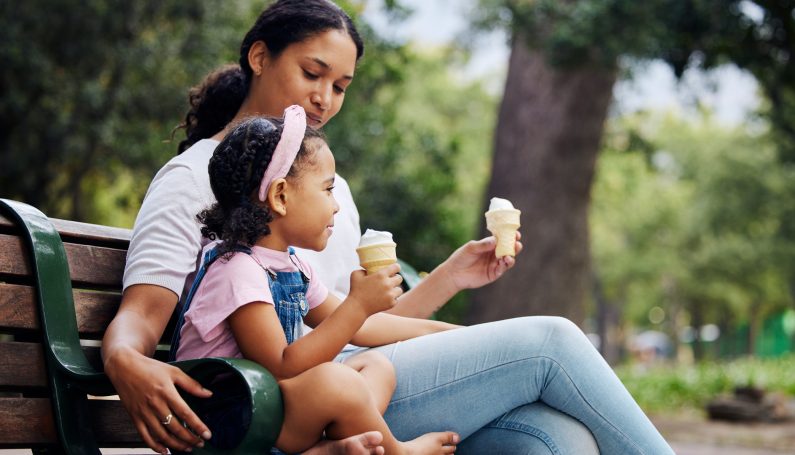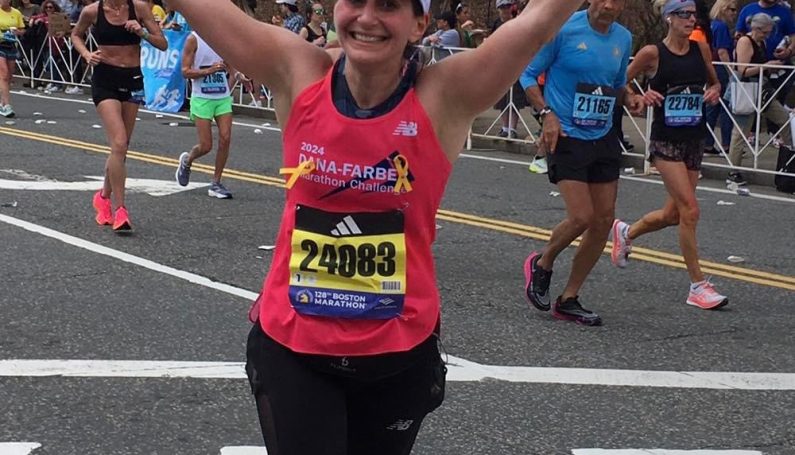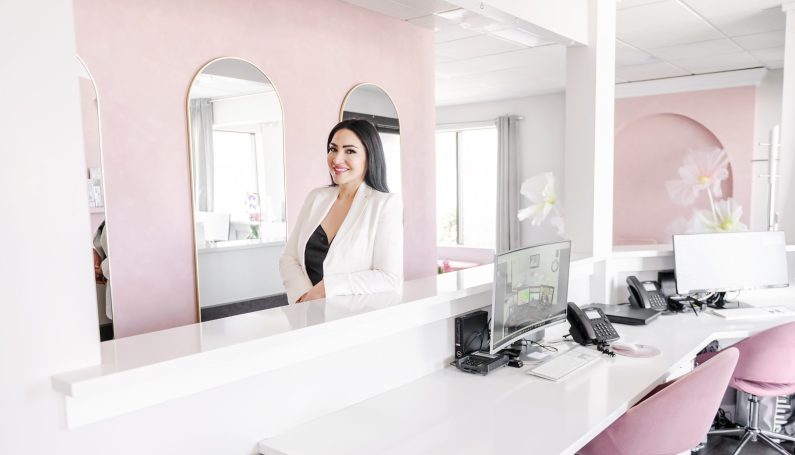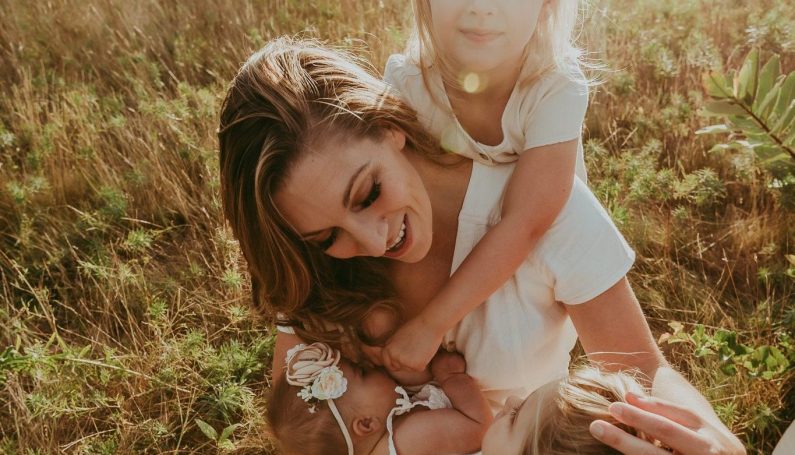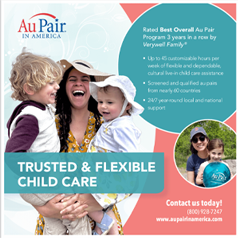We tell our kids to do the right thing, even when it’s hard. We remind them to be honest, to own up to their mistakes, to fix what they’ve broken. And yet, everywhere they look, they see the opposite.
They see people in power break the rules and walk away without a scratch. They watch celebrities and athletes lie or cheat their way to success — and get rewarded for it. They see schools shifting away from traditional, meaningful discipline, where the students doing the right thing often have to accommodate the student making the wrong choices. Any child would begin to wonder: Why make the right (often harder) choice when no one else does?
It’s frustrating, isn’t it? As parents we’re over here trying to raise good, responsible humans, but the world keeps sending them a different message: If you’re fast enough, powerful enough, or loud enough, the rules don’t apply to you. So how do we, as parents, counter that?
No matter what’s happening out there, our kids learn their first and most important lessons from us. And if we want them to take responsibility for their actions, we have to show them what that looks like. That means admitting when we mess up — yes, even to our kids. If I snap after a long day, I make sure to say, “I shouldn’t have lost my temper. I’m sorry.” They need to see that accountability isn’t weakness — it’s what strong, kind, decent people do.
It also means sticking to consequences, even when it’s inconvenient. Trust me, I get it — sometimes it’s just easier to let things slide. But if I say, “No TV until your homework is done,” and then let them turn on the TV anyway, what am I really teaching my kids? That rules are just suggestions?
Most importantly, we need to help them see the bigger picture. When my kids make a mistake, I don’t just ask them what they did wrong, I ask them who was affected. Who was left cleaning up the mess? Who felt hurt? Who had to work harder because they didn’t follow through? Accountability isn’t just about punishment, it’s about understanding that our actions impact other people.
This is the part that often gets overlooked. It’s not enough for kids to know that breaking the rules is “bad” — they need to understand why. They need to see that when someone refuses to take responsibility, someone else always pays the price. If a classmate keeps acting out in school and never gets in trouble, that might seem unfair to my kid. But instead of just focusing on what’s “not fair,” I ask them to think about how it affects the teacher, who has to spend extra time dealing with disruptions. Or the other students, who can’t focus on learning because one kid thinks the rules don’t apply to them.
And when we talk about public figures who lie or cheat their way out of accountability, I don’t just stop at “They shouldn’t do that.” I ask, “Who do you think got hurt because of their choices?” If someone scams their way to success, who loses money? If a leader refuses to take responsibility for their actions, who has to deal with the fallout? When kids start looking at accountability this way, it stops being about punishment and starts being about people.
I won’t lie — sometimes it feels like we’re fighting an uphill battle. Kids are smart. They see what’s happening in the world, and they’re not wrong to notice that bad behavior often goes unchecked. So when they ask, “Why should I do the right thing when so many people don’t?” we need to have an answer ready.
My answer? Because doing the right thing still matters. Because our choices shape who we are, even if nobody’s watching. Because the people who dodge responsibility might “win” in the short term, but the people who own their mistakes, learn from them, and do better? Those are the people who build real trust, real relationships, and real character.
I can’t control what happens outside my home. But inside it, I can make sure my kids grow up knowing that accountability isn’t something to avoid — it’s something to be proud of.
And honestly? In a world where integrity seems to be in short supply, raising kids who take responsibility might just be the most rebellious thing we can do.




